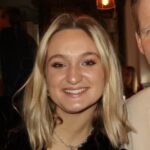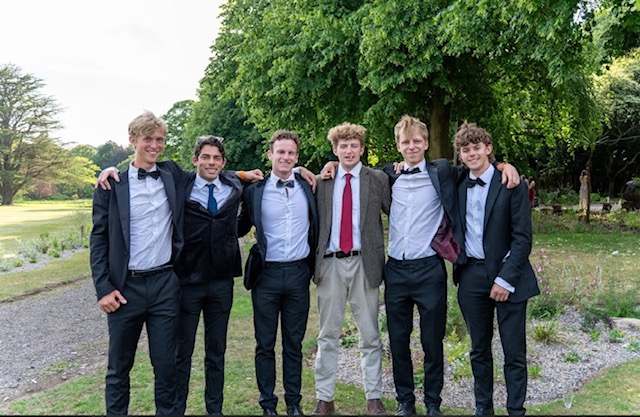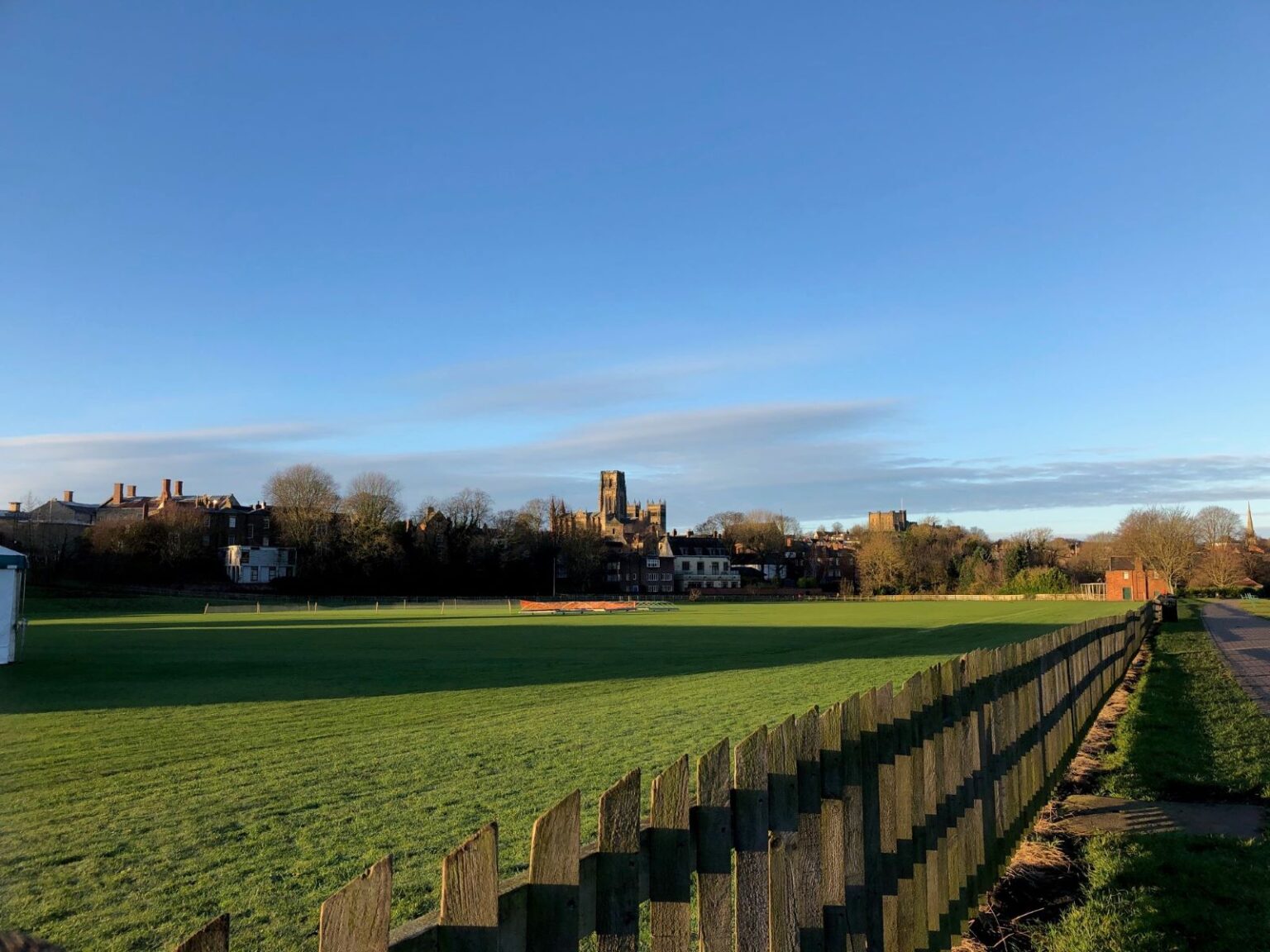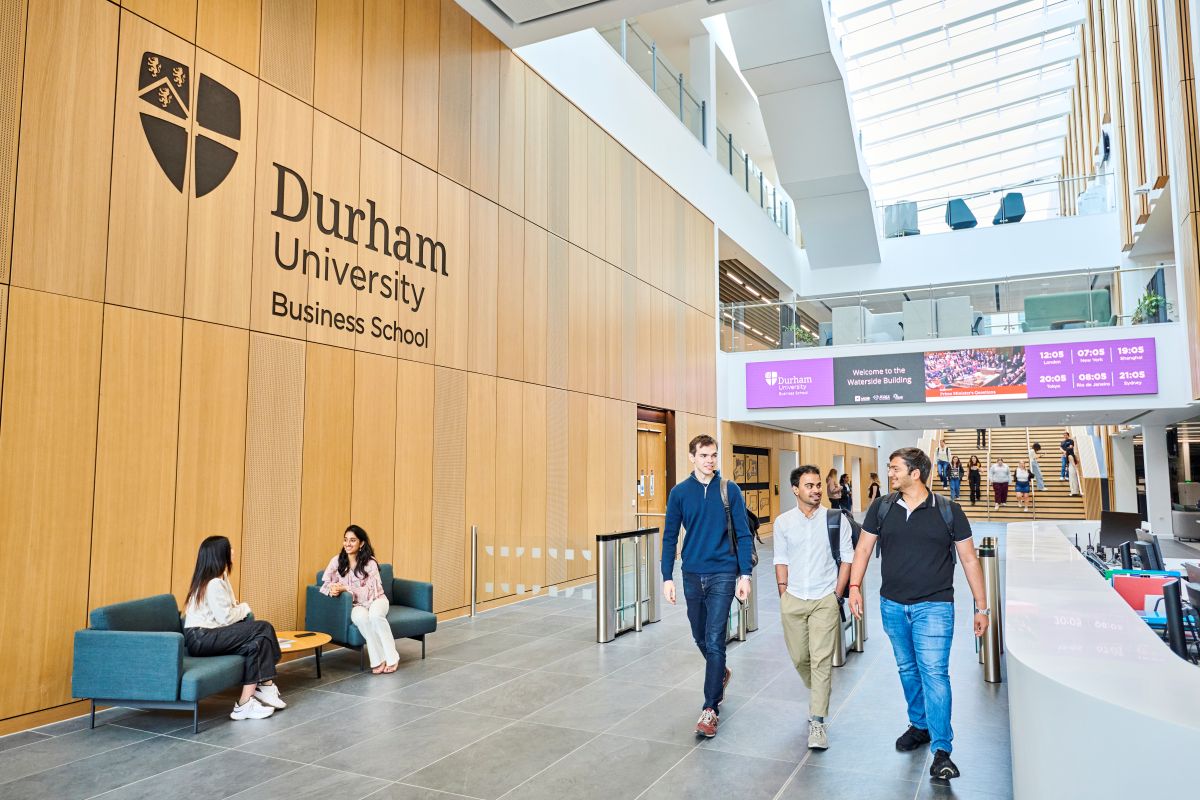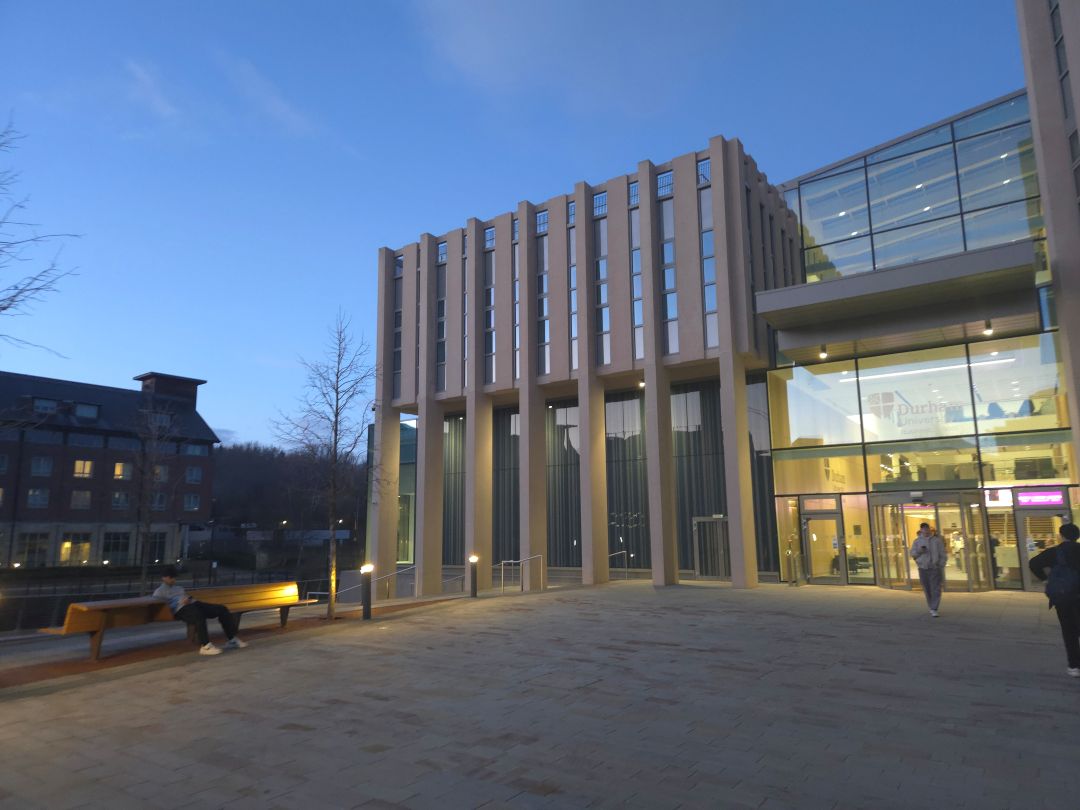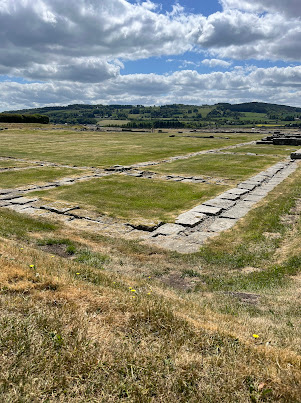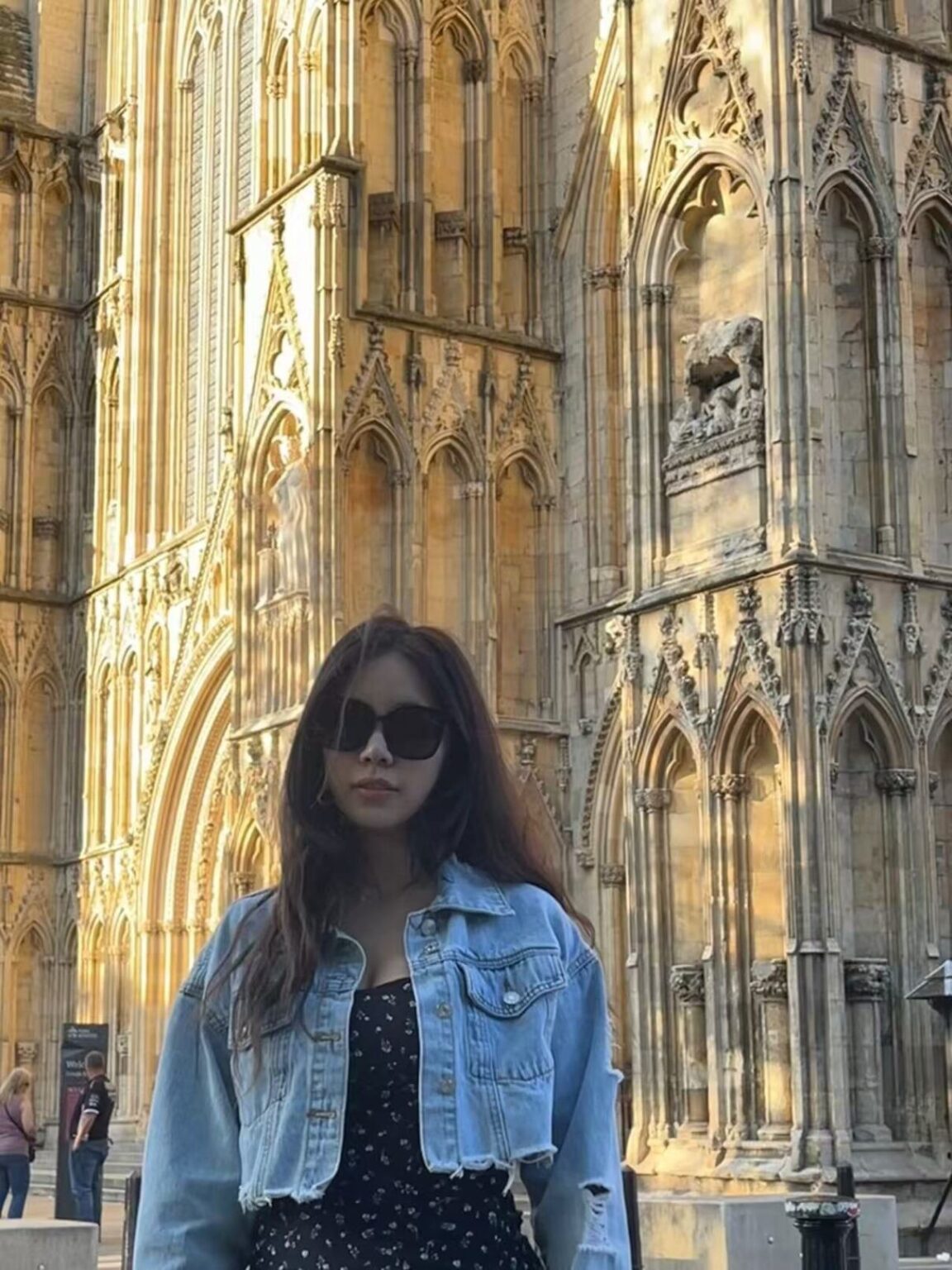The field trip to Kyrgyzstan offered an incredible opportunity to examine contemporary peacebuilding and conflict resolution in a region shaped by complex interethnic dynamics and historical border disputes. During the Easter holidays, a group of us from the DGSi programmes (Defence, Development, and Diplomacy, and Conflict Prevention and Peacebuilding) spent 10 days exploring Bishkek and northern Kyrgyzstan. Our visit combined high-level meetings, academic engagement, and immersive field experiences that helped bridge the gap between theory and practice.
We began the trip in Bishkek, where we had the privilege of engaging with representatives from the Kyrgyz Ministry of Foreign Affairs and the British Embassy. These meetings provided interesting insights into the state’s approach to regional security, diplomacy, and its relationships with neighbouring powers. Discussions highlighted how border issues continue to fuel intercommunal tensions, with direct implications for peacebuilding and national cohesion.
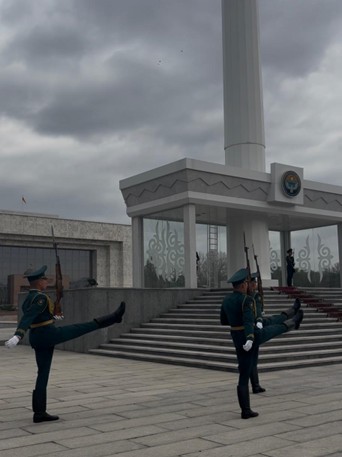
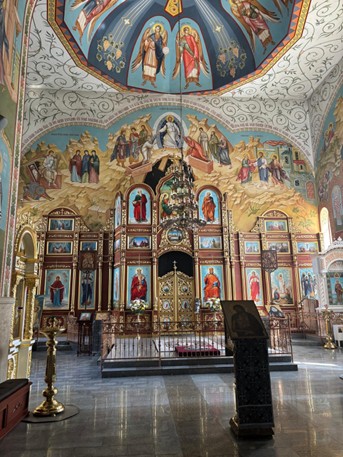
Our academic understanding was further deepened through visits to local universities, where we exchanged perspectives with Kyrgyz academics on conflict dynamics, civil service engagement, and the future of peacebuilding in Central Asia. These dialogues proved invaluable in contextualising how global theories of conflict resolution are interpreted and applied locally.
A highlight of the trip was our series of visits to local and international NGOs, including Search for Common Ground and the OSCE. These organisations shared their work on community-based peacebuilding, often in areas affected by ethnic or gendered violence and social fragmentation. We were struck by both the creativity and the constraints faced by civil society actors working to foster dialogue and trust in post-conflict settings. Their reflections offered a grounded perspective on the day-to-day challenges of operationalising peacebuilding goals within often fragile and politicised environments.
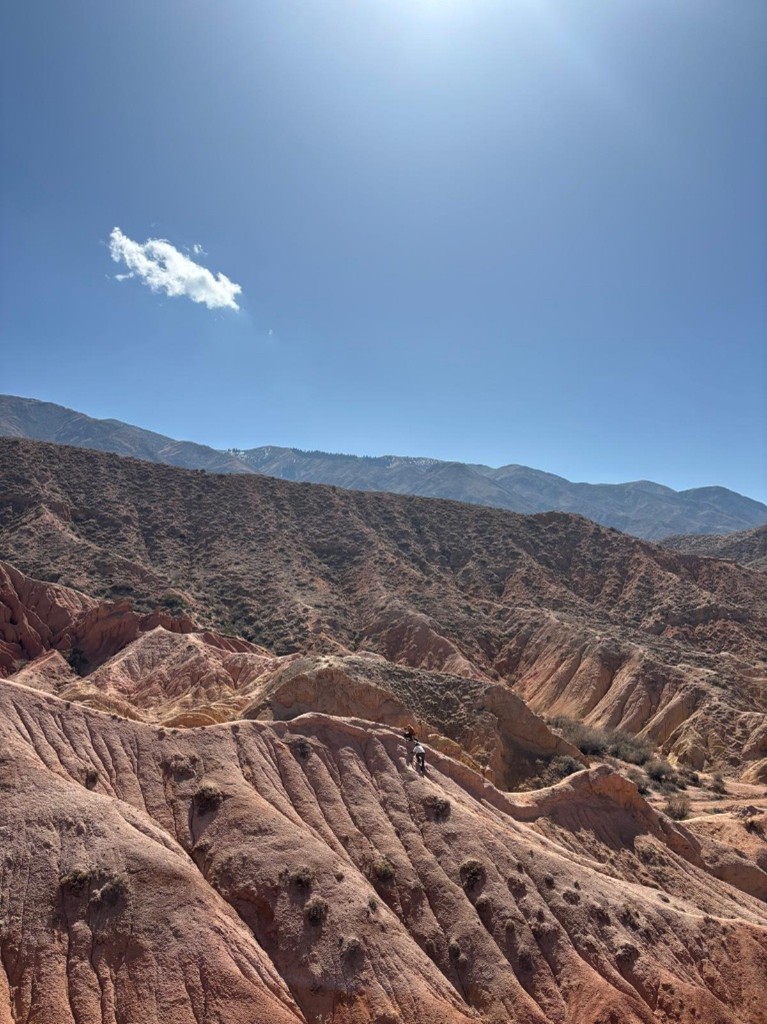
One of the most memorable parts of the trip was our multi-day field excursion to Lake Issy Kul, a region marked by past episodes of ethnic violence. Staying in traditional tents known as “yurts” and travelling on horseback, we were immersed in the cultural and geographical landscape that shapes many of the country’s identity-based tensions. This leg of the journey offered time for valuable reflection on how land, memory, and community narratives intersect with peace and conflict, and how informal mechanisms of reconciliation can complement more formal processes.
Throughout the trip, we were encouraged to critically assess the alignment, or misalignment, between top-down policy approaches and bottom-up community needs. It became evident that, in Kyrgyzstan, peacebuilding must navigate not only ethnic fault lines but also the legacies of Soviet-era border demarcations, ongoing socio-economic inequalities, and geopolitical competition.
The Kyrgyzstan field trip provided a rich and often challenging lens through which to view the multifaceted realities of peacebuilding in a transitional society. It gave us insight into the practical difficulties of addressing conflict legacies, while also offering hopeful glimpses into the resilience and innovation of those committed to building peace. I’m grateful to Dr Will Plowright, Dr Liam Devereux, our incredible guides Begimzhan and Murat, and the many dedicated professionals we encountered for making the experience so intellectually and personally rewarding.
Discover more
Feeling inspired – take a look at our School of Government and International Affairs webpages
Download our latest prospectus and college guide here.
Follow The Durham Student on Instagram, TikTok and YouTube.
